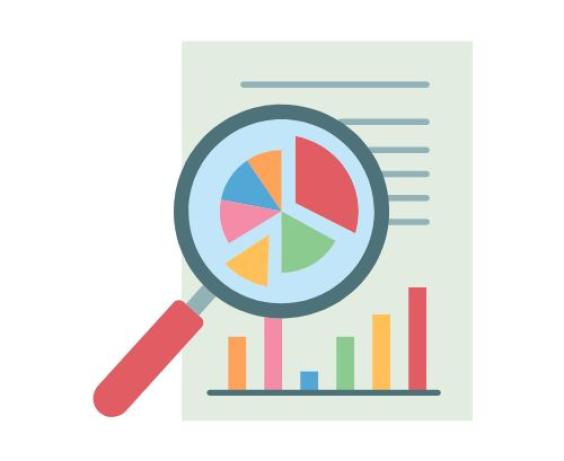What Is Treatment, Support and Recovery?
Understanding that there is no one-size-fits-all treatment option is essential to providing the best possible care. By matching people with services that fit their needs, they can have a better chance of recovery. In addition, services and supports should be flexible and tailored to the needs of the individual, to accommodate all people. They should also be acceptable, accessible, available and affordable.
For these reasons, CCSA brings together knowledge and provides targeted materials to support quality treatment services in Canada. We promote the message that recovery is positive and achievable.
National Guidance for AI in Mental and Substance Use Health Care
Coming soon! Canada’s first national guidance for using artificial intelligence (AI) in the mental and substance use health field. A new project in partnership with the Mental Health Commission of Canada.
Get to know our team of experts
Bryce Barker, PhD, CE
Senior Knowledge Broker
Area of Expertise:
Doug Beirness, MSc, PhD
Senior Research Associate
Area of Expertise:
Alexander Caudarella, MDCM CCFP AM ABAM(d)
CEO
Area of Expertise:
Kim Corace, PhD, C.Psych.
Vice President, Innovation and Senior Scientist
Area of Expertise:
Karen Cumberland, MPA
Vice President, Strategic Initiatives and Community Outreach
Area of Expertise:
Timothy Deloughery, CCAC, CCS-AC
Substance Use Health Specialist
Area of Expertise:
Robert Gabrys, PhD
Senior Research and Policy Analyst
Area of Expertise:
Heading
Contact an Expert
Latest CCSA Updates
Heading
Guidance, Tools and Resources
CCSA produces research-based publications, tools, and resources to support evidence-based decision-making on substance use health issues. Select your area of interest from the six categories below:
Heading
Substances
Delve into key resources on commonly used substances, such as alcohol, cannabis, opioids, stimulants and psychedelics. Learn about their effects, usage patterns, associated health and social consequences, and harm reduction considerations
Heading
Personal and Societal Impacts
Get insights on the personal and societal impacts of substance use and addiction , including gambling and impaired driving, and their effects on health, safety, and social well-being. Learn about effective prevention and harm-reduction strategies in various sectors.
Heading
Communities
Communities share common interests, values or goals, and interact with one another to build relationships and help networks. These materials support more inclusive, equitable, and community-informed responses to substance use and addiction. Dive into resources highlighting people with lived and living experience, stigma, sex- and gender-based analysis, Indigenous Peoples, and housing.
Heading
Treatment and Prevention
Explore medical, psychological, and social approaches aimed at helping individuals avoid or recover from substance use disorders. Get the facts on public health topics and learn about collaborative efforts to reduce stigma and promote more equitable, inclusive responses to substance use.
Heading
Youth
Learn about factors influencing substance use in young people, including childhood trauma and brain development, and get tools to support adult allies in leading meaningful, evidence-informed conversations with youth. Content promotes early prevention, harm reduction and supportive environments for youth up to age 25.
Heading
Substance Use and the Workplace
Substance use has a significant impact on the workplace, potentially affecting safety, productivity and employee well-being. Explore research on substance use in various industries. Resources support workplace leaders in building more supportive, stigma-free environments through practical strategies, improved approaches and initiative-taking education.
